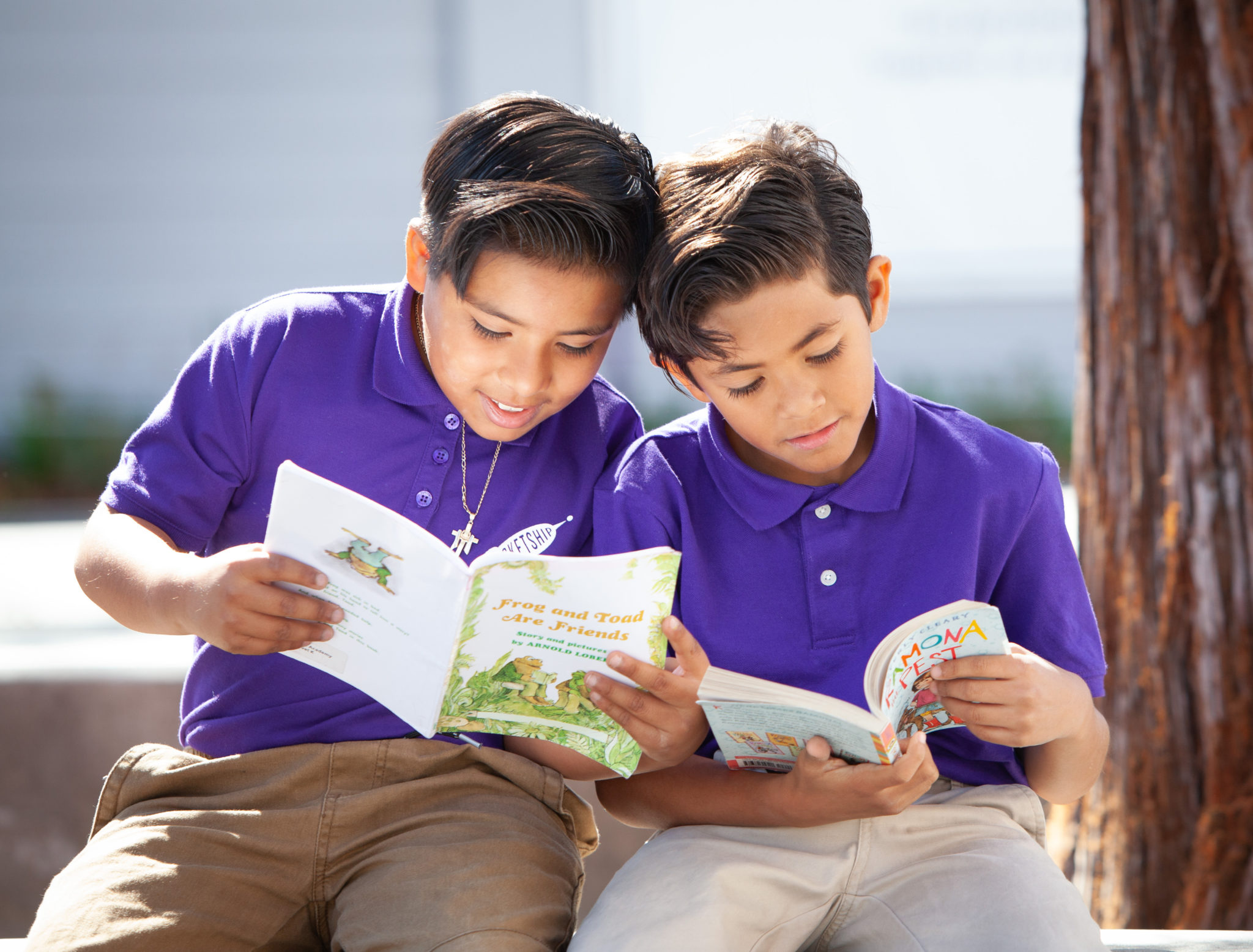
11 Ways to Beat the Summer Slide
by Beyond Editorial Team
Summertime is here! The pros: fun in the sun, family time, and much-needed rest and relaxation. The cons: what educators refer to as the “summer slide” — the regression a student can experience from lost instructional time during summer break.
On average over the summer, students lose the equivalent of two to three months of learningin reading and math; on top of that, teachers lose valuable instruction time during the first month of school as they re-teach the prior year’s content. The summer slide has an even more profound effect on low-income students. According to the New York Times, without effective summer learning opportunities, the summer slide can contribute to about half of the overall achievement gap between lower and higher income students that leaves low-income students three years behind their wealthier peers by the fifth grade.
Fortunately, even without costly camps and classes, there are multiple ways to counteract the slide and set your student up for success in the fall! Here are some of our tried-and-true favorites:
Reading, Writing & Social Studies
- Hit the library: Does your child have their own library card? Signing up for one is an empowering way for them to take ownership over their learning. Encourage them to pick books about subjects they’re interested in to keep them invested!
- Sight words: Before the year ends, get a list of sight words from your child’s teacher and make a goal to learn a new one each week. Post the week’s word on your refrigerator and have your child keep a tally of how many times they use it.
- The funnies: A subscription to your city’s local paper is a great way to get reading! Kids LOVE the comics section and it’s a quick, easy, and fun way to boost reading skills.
- Start a journal: A blank notebook can act as a wonderful tool for practicing writing skills. Have your child keep a summer field notebook where they record their daily activities. They’ll love reading through it at the end of the summer and reflecting on all the memories they made.
- Travel history: Turn your vacation into a history lesson by having your child research where you’re going and making a list of “fun facts.” Include information like when the place was founded, population, what it’s known for, and famous landmarks.
- Listen: Going somewhere? Audiobooks are a great way to keep your kid occupied on the road or in the air, and boost their comprehension skills while doing it!
- The license plate game: Road trips are the perfect opportunity to practice state names. Challenge your child to identify license plates from as many states as possible. Record them and see who can identify the most!
Math & Science
- Cook together: Bring your kid into the kitchen to help measure ingredients or practice halving or doubling a recipe. Ask questions along the way to encourage scientific inquiry. Some examples: What do you think will happen when we add the liquid ingredients to the dry ingredients? How does cooking the food change its characteristics? What do you think would happen if we cooked the food at a lower temperature for a longer time versus a higher temperature for a shorter time?
- Trip Math: Vacation time? Whether on an airplane or in the car, have your child calculate the number of miles from home to your destination and how long it will take to get there going at different speeds.
- Flashcards: Call us old-fashioned, but we’re big fans. Flashcards are a great way for your student to master the specific math problems they may be struggling with, and just a few minutes of practice each day yields quick results!
- Weather tracking: Have your child record the temperature outside each day. At the end of the week, they can calculate the mean, median, and mode temperatures and determine the hottest and coldest days of the week. Take it a step further by having them record other observations, too. Were there clouds in the sky? How might that have affected the temperature that day?
Published on June 13, 2016
Read more stories about: Parent Experience.


